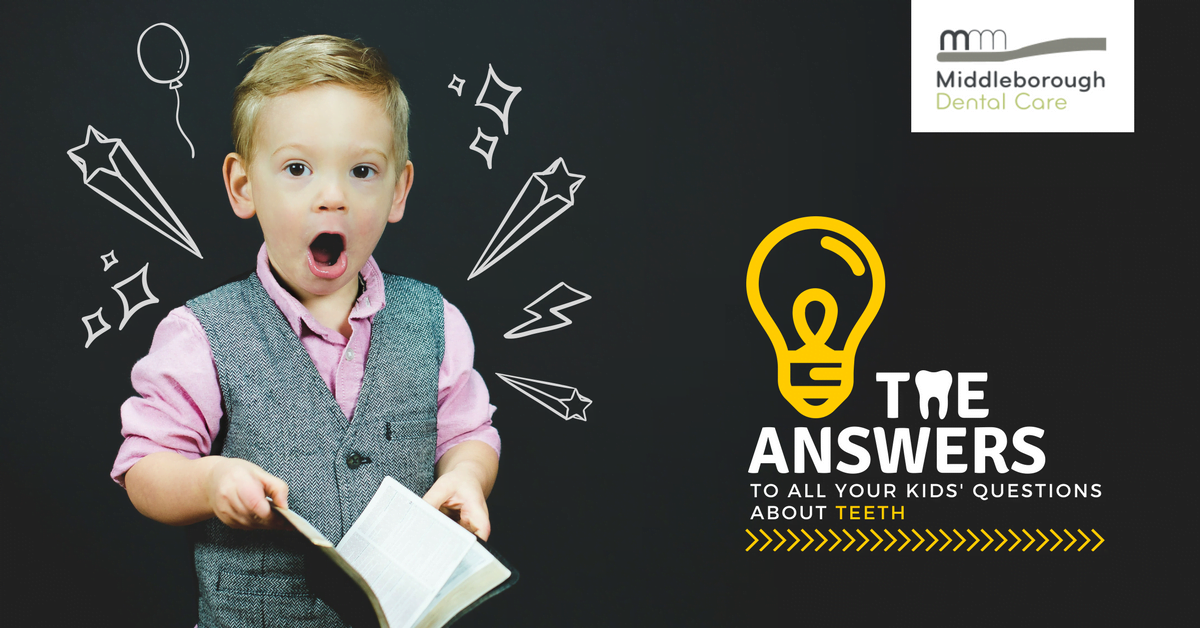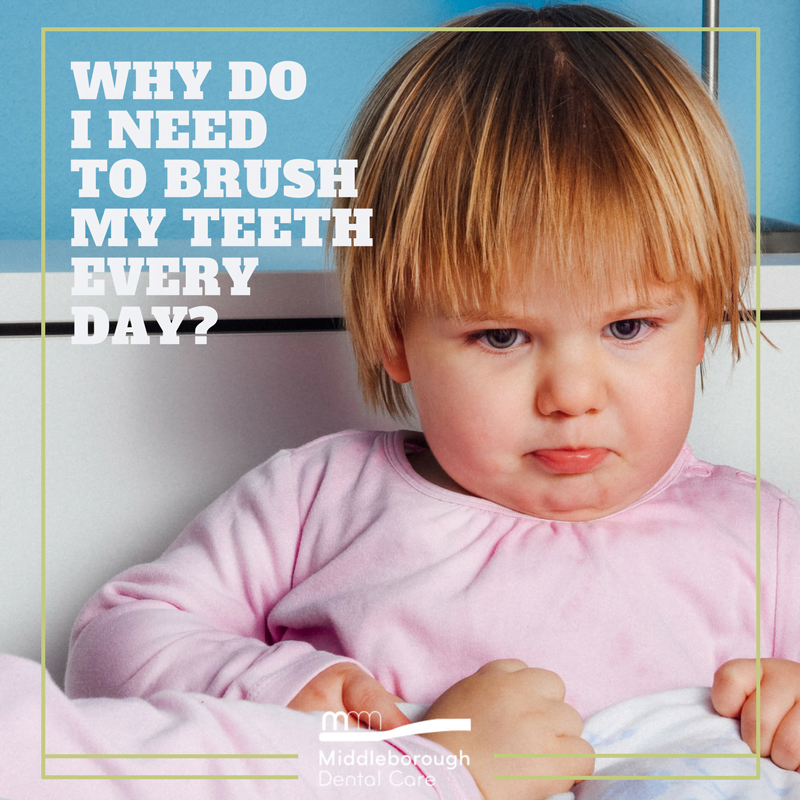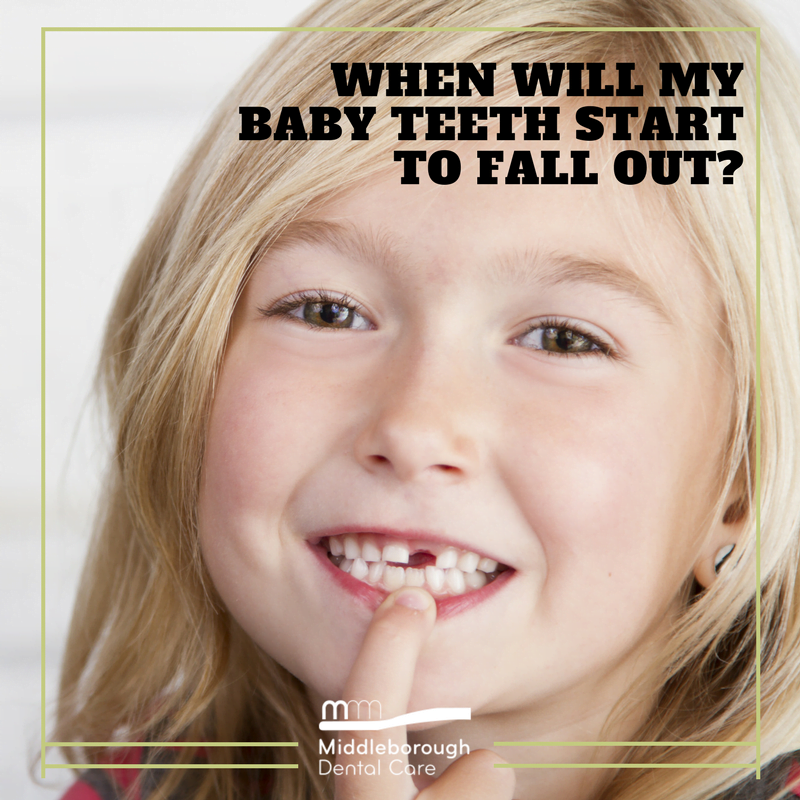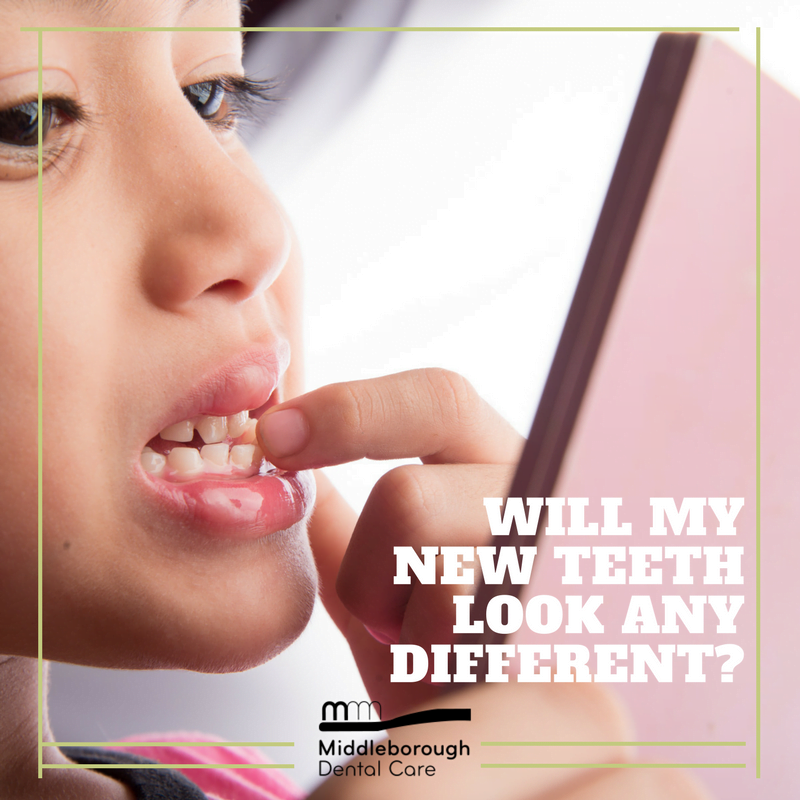
The answers to all your kids’ questions about teeth
Some kids are happy to brush their teeth, especially if they see their parents and older siblings doing it. Others are a bit more resistant to the routine.
Some kids happily go to the dentist for a regular check-up, while others (unfortunately) have to be dragged kicking and screaming into our office.
Some kids are excited to lose their baby teeth, while others would like to keep them for as long as possible.
But all kids have questions about their all of the above, so here are some simple answers that might help you explain things to them.

Why do I need to brush my teeth every day?
Your teeth need to be cleaned really well every day because germs in your mouth we call bacteria grow on your teeth and around your gums every day.
It’s called dental plaque and it makes acids or poisons that attack the teeth and gums and cause disease.
Brushing twice a day – after breakfast and before bed – is the least you should be doing to keep your teeth clean and healthy and avoid problems like tooth decay, toothache, yellow teeth and bad breath.
Why is my toothpaste different to mum and dad’s?
Toothpaste has fluoride in it, which helps strengthen and protect the enamel surface of our teeth. Some toothpastes help reduce sensitivity or make teeth whiter, which some grownups prefer.
Children under six need to use a special children’s toothpaste, but from six years of age you can use adult toothpaste. Always make sure you spit it out when you’ve finished cleaning your teeth.
Can I use floss like mum and dad?
No matter how good you are at brushing, there are still tiny particles left behind because your toothbrush can’t clean between your teeth very well.
Dental floss cleans between your teeth but should only be used if you have been shown how to floss at the dentist.
A parent can help young children practice flossing properly and by the time they reach age eight or nine, most children can begin flossing for themselves.
How can what I eat be good or bad for my teeth?
It’s not only what you eat but when you eat. A balanced diet will help you develop strong, decay-resistant teeth. A balanced diet includes fresh vegetables, cheese, and lean meat, which contain a full range of vitamins and minerals as well as plenty of calcium and phosphorous.
Frequent snacking can be really bad for your teeth, because the sugars and starches found in many snack foods – biscuits, sweets, soft drinks, and even some savoury snacks – feed the bacteria in dental plaque and are converted to acids which attack the tooth enamel and can lead to cavities.
Each plaque ‘attack’ can last up to 20 minutes after a meal or snack has been finished, and even a little nibble can create plaque acids. That’s why it’s best to limit snacking between meals.
If my baby teeth are going to fall out anyway, why do I have to look after them?
If your teeth and gums and the rest of your mouth aren’t kept clean, you can get more than just cavities in your teeth (although those are bad enough). You can get gum disease and other mouth infections and sores, which are no fun and might need lengthy treatment.
At the same time, your permanent teeth are developing underneath your primary or baby teeth, and if you don’t look after the teeth you can see properly, that can affect the growing teeth you can’t see below.
Also, if for some reason you lose a good baby tooth before the time has come for it to fall out of its own accord, the space in your jaw where the permanent tooth below wants to fit might become smaller, which will cause problems when your permanent teeth start coming through.

When will my baby teeth start to fall out?
When you’re little, your mouth is little, so it doesn’t have room for big teeth. As you grow, your mouth gets bigger (along with the rest of you), so there is more room for bigger, better teeth.
Once those bigger teeth start to push up from below, the baby teeth have to get out of the way, so they start to get loose and then fall out.
That generally happens at about the age of six or seven, and it’s usually a case of first in, first out, which means the lower centre incisors are often the first to go, followed by either the two top ones or the two lower ones either side of the centre.
Once a tooth gets wiggly, how long will it be before it comes out altogether?
It can take anywhere from two weeks to two months for a baby tooth that has started to get loose to completely fall out. That’s because the permanent tooth pushing up from underneath is using its root as a guide as it comes into place.
How long it takes to come out will be influenced by the foods being eaten and the brushing regimen, but it shouldn’t be helped along by pulling on the loose tooth (although a bit of extra wiggling isn’t too bad). Just let nature take its course and there will most likely be little discomfort.

Will my new teeth look any different?
The main difference is that they’ll be bigger, which can be quite noticeable when there are a couple of permanent teeth in amongst and alongside the smaller primary ones.
Permanent teeth are also not as white as baby teeth and you might also notice some ridges on them, as they haven’t yet been smoothed by being used for biting and chewing.
We hope that’s answered a lot of the most common questions children ask about teeth, but if you have any others – or would like a more individual assessment of your child’s teeth – please come and see us.
At Middleborough Dental Care, we’re happy to do whatever we can to help kids understand their teeth, learn the best dental and oral care habits, and get used to visiting the dentist.